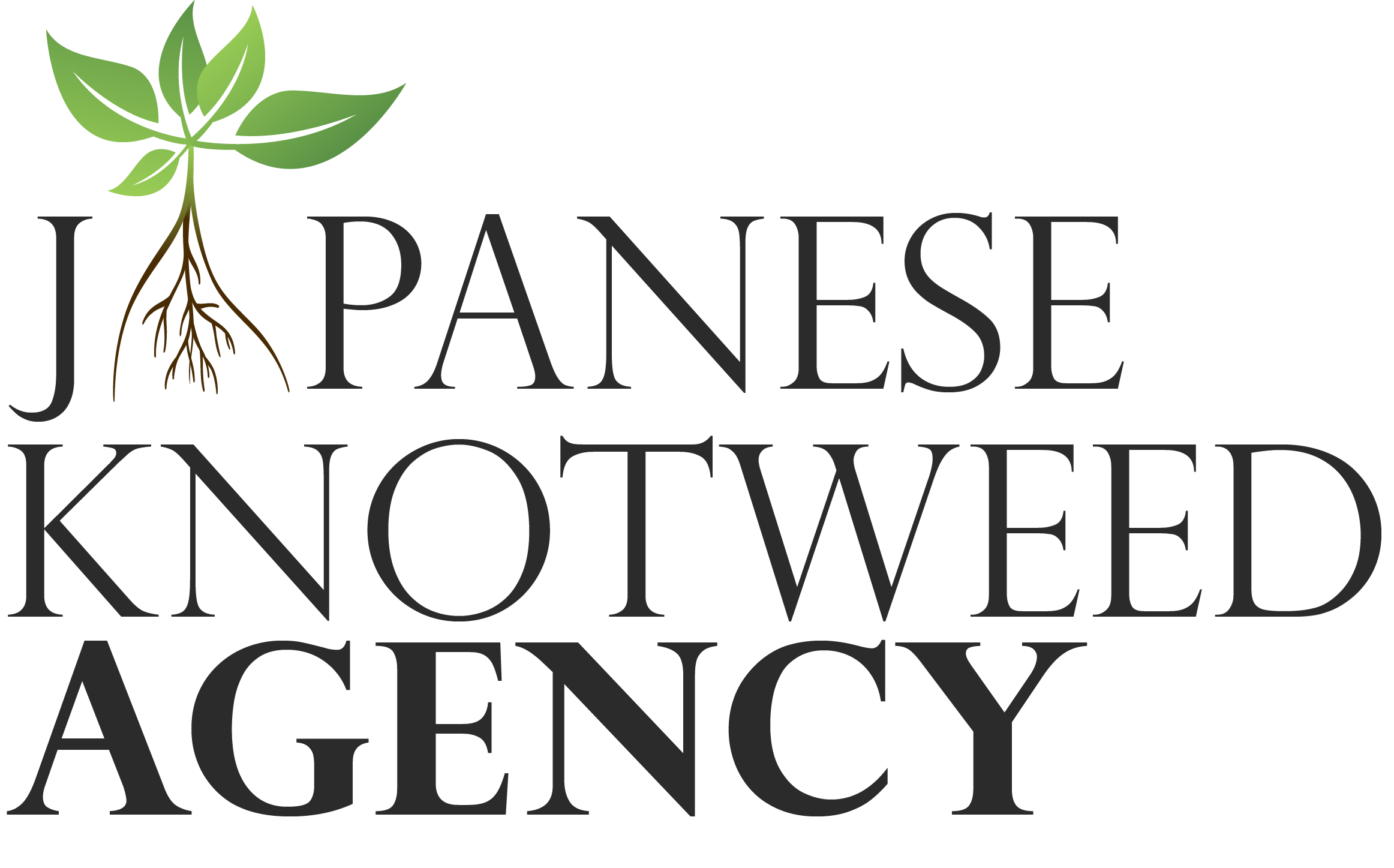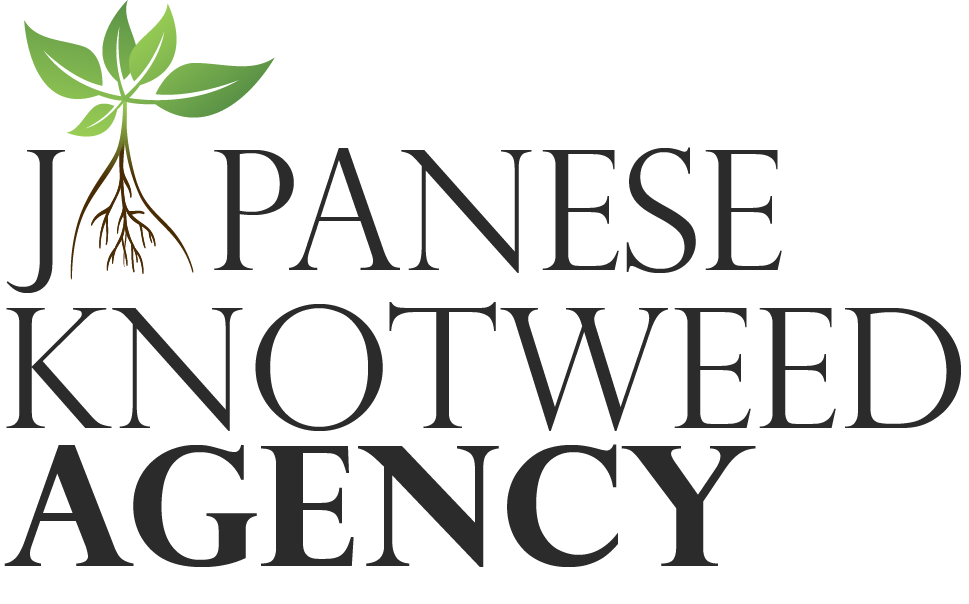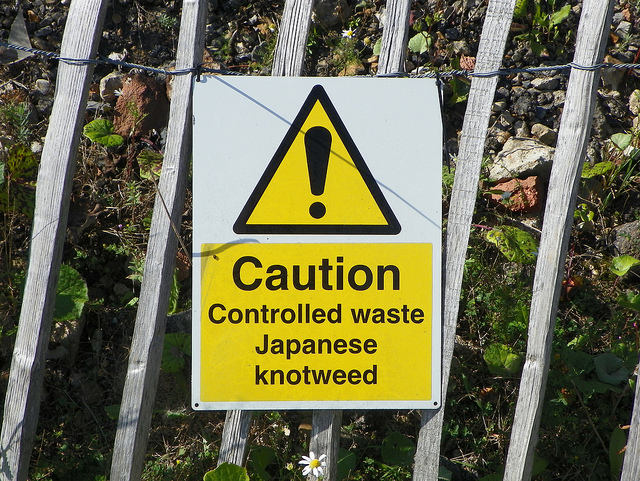Getting lost in the legal jargon which is thrown at you once you instruct a legal professional is a rabbit hole too many of us take a trip down, make sure you know what a Part 35 report is and when you might need one.
Generally, Japanese Knotweed disputes are easily resolved once an individual takes responsibility for the presence of the weed and ensures that it is eradicated in line with the specific rules and regulations put in place. However, in some circumstances where the origin of the Japanese Knotweed is harder to determine, or in situations where the landowner is denying liability, you may need to consult your solicitors on the best way to proceed down the legal route.
Japanese Knotweed is classed as a ‘Schedule 9’ plant and in relation to this, Section 14(2) of the Wildlife and Countryside Act 1981 states that “if any person plants or otherwise cause to grow in the wild any plant which is included in Part 2 of Schedule 9, he shall be guilty of an offence”. Due to this, we see time and time again, instances where individuals have taken legal action against landowners who have allowed this highly invasive weed to encroach onto their sites.
Typically, your solicitors will firstly arrange for an initial vetting report which will give them the basic details of the Japanese Knotweed they will need to know before being able to decide as to whether or not the case can be taken to court. Once they have the initial vetting report, this is usually when solicitors will arrange for the P35 Report.
Part 35 Compliant Reports are specific documents which answer the questions solicitors will need to know and use in their court case. Typically, these P35 reports are used to determine the cause of the origin of the Japanese Knotweed and therefore pin liability to the correct person. P35 Reports are usually taken around a week to compose due to the in-depth analysis required to fully investigate the situation at hand. If you are not proceeding down the legal route, you usually won’t require this service.
It is important to know that the Part 35 writer has a duty to the Court and not to the person paying for or requesting the report. A Part 35 report writer will know that their duty of being correct is to the court and anything other can be seen as contempt of court.


